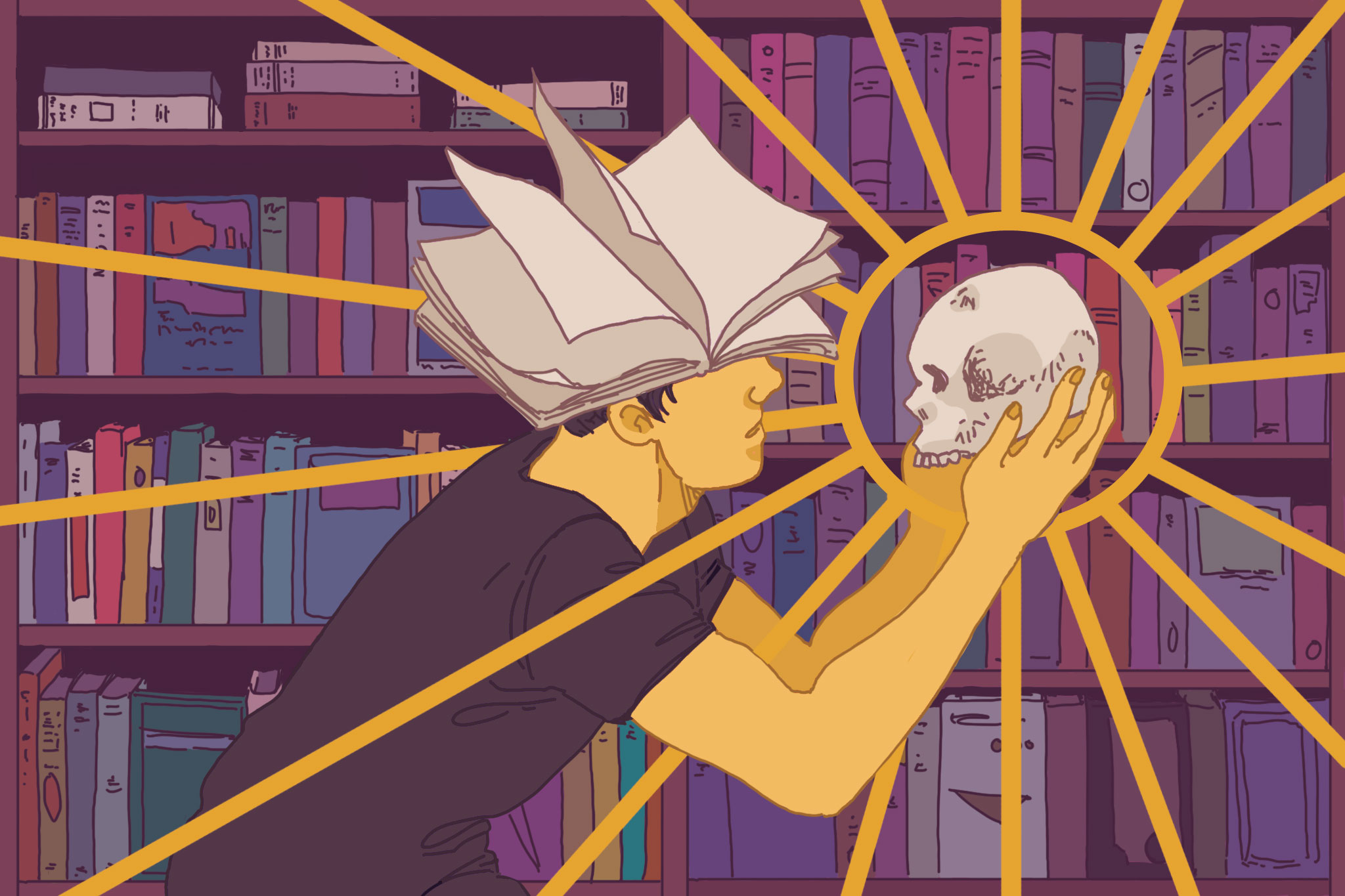Being raised in an environment in which you are expected to know what you want to major in and where you want to be professionally even before you are legally even an adult can naturally trigger questions of why this, why now and why me?
As part of this generation riddled with academic, professional and social pressures and anxieties, it is definitely safe to say that existential crises come at regular intervals of my life. Sometimes, the best way to work through this is to read existential books in which others have the same concerns.
Listed below are five of the best existential books to help you deal with your headspace issues.
1. The Alchemist (Paulo Coelho)
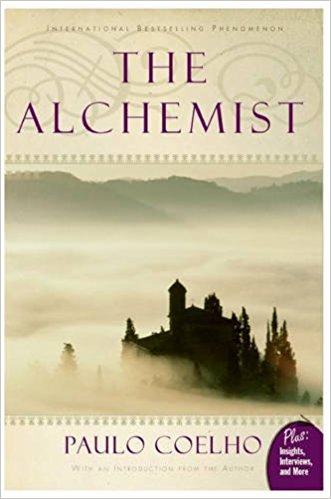
As a book about a young man who desperately wishes to be more than a simple shepherd, this book literally defines what it means to be an existentialist. In the context of postmodern literature, existentialism is the belief that you are what you achieve.
Although it was never meant to be a self-help book, one can not help but wonder what their lives could be like if they took up the challenge to actively become more than who they already are.
2. Norwegian Wood (Haruki Murakami)
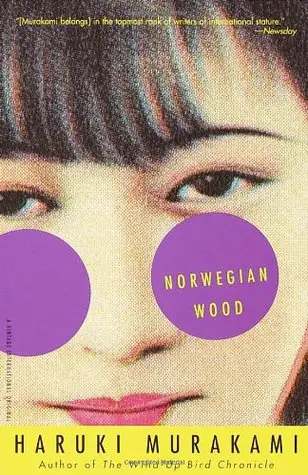
Reading any Murakami book is to experience an entire life’s worth of doubt and self-exploration in only a few hundred pages. Even after being translated into other languages, Murakami has a wonderful way of folding his readers into the complex minds of his intense characters.
With a quiet protagonist who muddles through daily life in the wake of his best friend’s suicide and his first love’s mental instability, “Norwegian Wood” explores whether people exist to love, or exist because of love.
3. A Tale for the Time Being (Ruth Ozeki)
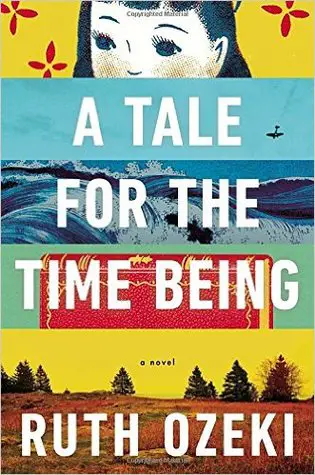
With a colorful front page and a bubbly narrative in the first chapter, this book might seem to be the typical teenage comedy about typical teenage tropes. What the reader will find through the course of the novel, however, is that teenage angst is not always necessarily cringe-worthy or overwrought. The protagonist is thoughtful, idiosyncratic and often suicidal — she brings to the forefront how complex the mind of the young adult is, and honestly, it’s great.
When one of the protagonists, Ruth, finds a diary of Nao, a quirky teenage Japanese girl, in a Hello Kitty lunchbox washed up on the shores of her quiet Canadian island, she finds herself pulled into the life of a girl she only knows through the pages of her diary. As Ozeki artfully unravels the plot, the lives of both Ruth and Nao become intricately entangled in their endeavor to understand death.
This book takes the concept of time and the theory of quantum entanglement to explore the possibility that one can exist in someone else’s time. It poses a theory that like Schrodinger’s cat, humans can construct their own futures because the possibilities are endless until you decide to make a decision.
4. Never Let Me Go (Kazuo Ishiguro)
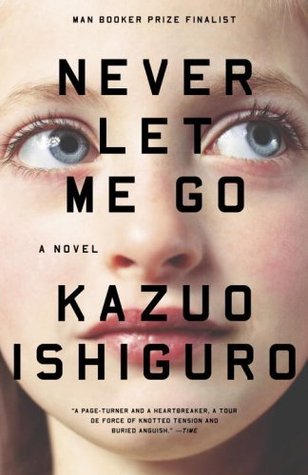
In a dystopian setting in which intelligent yet emotionally adept clones are used as organ farms, Nobel Prize-winning writer Kazuo Ishiguro takes the meaning of an existential book to another level.
The protagonists take on a stance of passivity and acceptance of living for the sake of others in spite of personal aspirations and dreams. As the reader immerses themselves into the mind-numbing narrative, Ishiguro takes the reader on a journey to consider what makes a human being, human.
This is an existential book because the protagonists work tirelessly in the novel to construct an identity outside of being organ donors. It sincerely makes the reader question how humans exist in relation to other people and how those relationships validate or define the role of the human being.
5. Like Water for Chocolate (Laura Esquivel)

In a mouthwatering and very metaphysical novel, Laura Esquivel tackles what it means to exist in a family construct. Destined at birth to be an unwed caretaker for her traditional mother, Tita juggles her familial duty to her family alongside her undying love for her forbidden lover. Through food, Tita fulfills both the needs of the physical body and lends a voice to the desires of her inner mind.
Although it might be unconventional, this as an existential book simply because it discusses what it means to exist in a family.
Honorable Mention: Waiting for Godot
In a humorous play about two tramps waiting for the arrival of a mysterious figure Godot lies the epitome of existentialist sentiment in literature.
Existentialism, as explored by this play, questioned if one’s role in determining the course of their lives and how much agency one has in writing their own narrative. The constant back and forth about whether Godot was worth waiting for between the two tramps is not an easy read but is worthwhile for those willing to take on the challenge.
Whether or not these books have happy endings, the experience of reading existential books about other people having existential crises is wonderfully satisfying. These books help put into words feelings about how family, emotions and death can also help you to write your personal narrative into the context of history.


